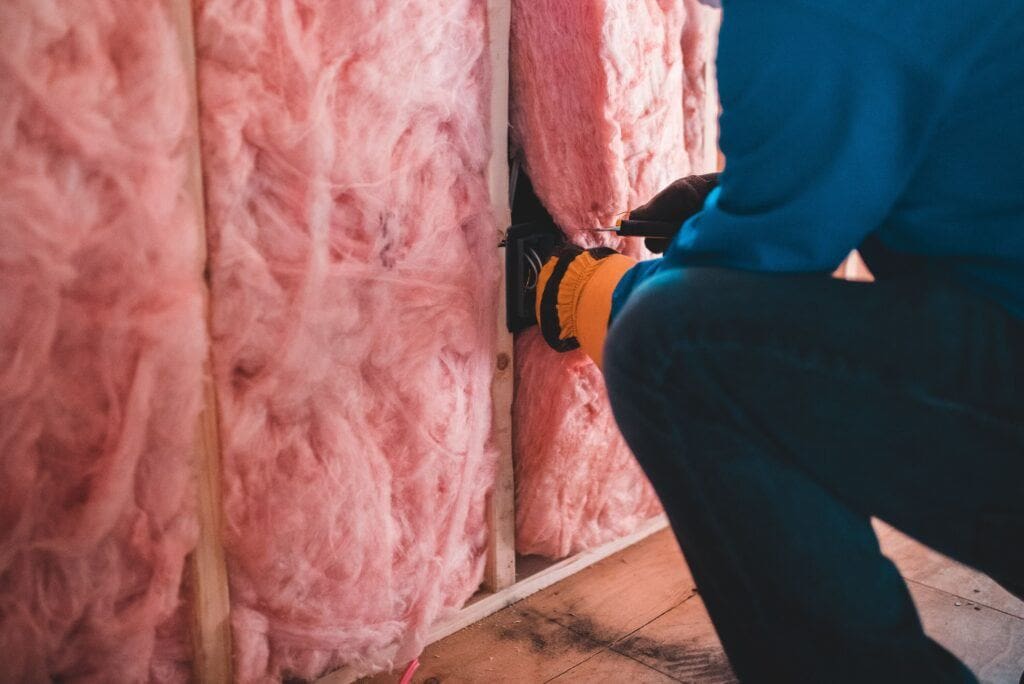A Building Energy Rating (BER) is an increasingly important part of assessing how much energy a house will use and is an integral part of the home buying and selling process. Here is our quick guide on what you need to know about BERs in Ireland.
What is a BER?
The BER works on a scale from A to G, with A-rated homes being the most energy-efficient and G-rated being the least. This rating system was introduced as part of the European Union’s directive to improve energy efficiency in buildings. In Ireland, it’s mandatory for all new buildings, homes being sold, or rented to have a BER certificate.
Why is a BER rating important?
- Energy Efficiency: A higher BER rating indicates a more energy-efficient home. This means lower energy bills and a more comfortable living environment due to better insulation, heating, and possible ventilation systems.
- Property Value: Homes with higher BER ratings can often fetch a higher market value. Energy efficiency is an increasingly desirable feature for home buyers and tenants in Ireland. With costs rising significantly of late, homeowners are trying to limit their spend on gas and electricity to heat their homes.
- 3. Environmental Impact: An energy-efficient home with a good BER rating has a smaller carbon footprint. By using less energy for heating, lighting, and other services, it contributes less to greenhouse gas emissions. Many A rated homes have Heat Pumps and Induction cookers, and are run completely on electricity. With Ireland’s energy mix getting cleaner year on year, this means that homeowners can massively reduce their use of fossil fuels.
- The SEAI have a some great resources for finding a BER assessor.
How is BER Calculated?
The BER assessment is conducted by registered BER assessors who will call out to the house for an inspection. They examine various elements of the property, including:
- Insulation levels,
- Heating system efficiency,
- Ventilation,
- Windows and doors quality,
- Renewable energy sources, if any.
After the evaluation, the assessor issues the BER certificate and an advisory report, suggesting ways to improve the building’s energy performance.
The Impact of BER on Homeowners and Buyers
For homeowners, a good BER rating can be a strong selling point if you are moving house. It might also identify opportunities for improvements that could enhance the property’s value and energy efficiency.
For buyers, the BER rating offers insight into the property’s future energy costs and potential investment needed for upgrades. It’s a critical factor in making an informed purchase decision. A house with a very low BER rating will likely need some very expensive upgrades to make it a warm and comfortable home.
Final thoughts…
The Building Energy Rating in Ireland is more than just a compliance requirement. It’s a tool that influences property value, energy costs, and environmental impact. Understanding and improving the BER of a property can lead to real benefits for homeowners, buyers, and the environment.
Another crucial part of being a homeowner is having the right Home Insurance cover. AA Ireland Home Insurance also comes with Emergency Home Rescue as standard for added peace of mind.
Even if you don’t live in the house you own, you might consider Landlord Insurance or Holiday Home Insurance to give that bit of extra cover in case of any mishaps.










